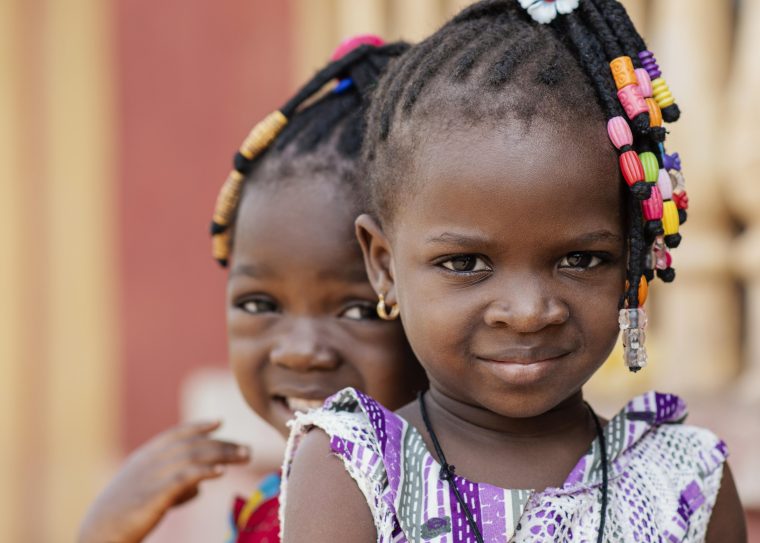The International Day of the Girl Child is significant in the Northern parts of Nigeria for several reasons
- Gender Equality Advocacy: Northern Nigeria, like many other regions, has traditionally experienced gender disparities. The observance of the International Day of the Girl Child serves as a platform to advocate for gender equality and raise awareness about the specific challenges girls face in the region. It promotes discussions and actions aimed at addressing issues such as limited access to education, early and forced marriages, and gender-based violence.
- Education: Education is a crucial aspect of the empowerment of girls. In some areas of northern Nigeria, there are disparities in educational opportunities for girls. The Day of the Girl Child reinforces the importance of girls’ education and encourages initiatives that promote school attendance, improve the quality of education, and work to eliminate barriers that prevent girls from accessing education.
- Early Marriage and Child Brides: Child marriage remains a significant concern in northern Nigeria. The International Day of the Girl Child brings attention to the harmful consequences of early marriage, such as health risks, limited economic opportunities, and curtailed personal development. This observance provides a platform to advocate for changes in laws and societal norms that perpetuate child marriage.
- Health and Well-being: Girls in northern Nigeria, like other regions, may face health-related challenges. The day emphasizes access to healthcare, especially in reproductive health, for girls and young women. It promotes awareness of issues like maternal mortality, female genital mutilation, and the importance of family planning.
- Empowerment and Leadership: Celebrating the International Day of the Girl Child in northern Nigeria can inspire and motivate young girls to aspire to leadership roles and take active part in their communities and the country’s development. It encourages the nurturing of their talents and aspirations, whether in academics, sports, or social activism.
- Community Engagement: The day provides an opportunity for communities and local organizations to come together and create strategies and initiatives that promote the well-being and rights of girls in northern Nigeria. This collaborative effort can lead to positive changes at the grassroots level.
- Government and Policy Reforms: In northern Nigeria, as in many other regions, policies and legal frameworks may need to be reformed to better protect the rights of girls. The International Day of the Girl Child serves as a reminder to government officials and policymakers of the importance of enacting and enforcing laws that promote gender equality and girls’ rights.

In conclusion, the International Day of the Girl Child holds particular significance in the northern parts of Nigeria because it addresses issues that are prevalent in the region, such as gender inequality, limited access to education, early marriage, and health challenges. By raising awareness, promoting discussions, and advocating for change, this observance contributes to the empowerment and well-being of girls in northern Nigeria and throughout the country.


0 Comments